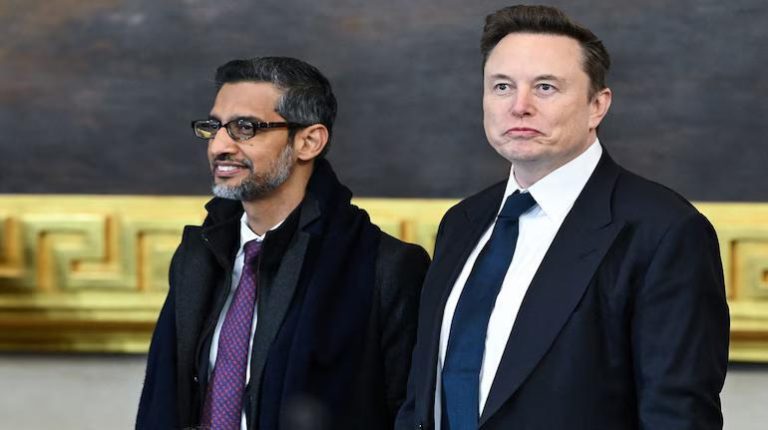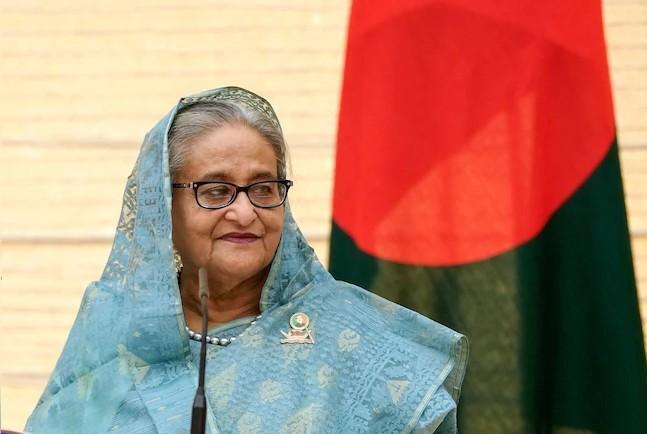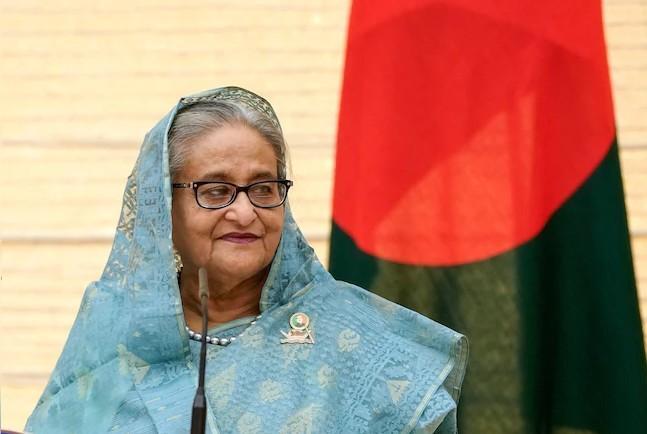
Hotmail Co-founder says ‘truth=anti-India’, Goenka replies ‘Living in US & lecturing us?’
In a recent tweet, Sabeer Bhatia, the co-founder of Hotmail, sparked a controversy by claiming that those who speak the truth in India are often labelled as “anti-national”. Bhatia’s statement has been met with strong reactions from many, including billionaire Harsh Goenka, who has responded to the Hotmail co-founder’s comment.
Bhatia’s tweet read, “In India, those who speak the truth are termed ‘anti-national’. Then who’s a national? The one who lies to you?” The tweet has been widely shared and has garnered a significant amount of attention on social media.
However, Goenka, who is the chairman of RPG Enterprises, was quick to respond to Bhatia’s tweet. Goenka, who is known for his candid and often outspoken views, took a swipe at Bhatia for lecturing India from the United States.
“Living in California and lecturing a billion Indians back home? India doesn’t need sermons from those who packed up and left,” Goenka tweeted, his response was met with widespread applause and support from many Indians.
Goenka’s response was a direct attack on Bhatia’s credibility, implying that as someone who has chosen to live in the United States, Bhatia has lost touch with the reality of life in India. Many have interpreted Goenka’s tweet as a reminder that Bhatia is no longer familiar with the country’s cultural and social nuances, and therefore, has no right to lecture Indians.
Bhatia’s original tweet has been interpreted in many ways, with some seeing it as a commentary on the growing trend of suppressing dissenting voices in India. Others have seen it as a reflection of the country’s complex and often divisive political landscape.
However, Goenka’s response has been seen by many as a personal attack on Bhatia, rather than a constructive engagement with his views. Many have criticized Goenka for using his platform to discredit a fellow Indian, rather than engaging in a meaningful dialogue about the issues facing the country.
The controversy has sparked a wider debate about the role of social media in shaping public opinion and the importance of constructive dialogue in addressing complex social and political issues.
As the debate continues to unfold, it remains to be seen how Bhatia and Goenka will respond to each other’s views. However, one thing is clear: the controversy has highlighted the need for greater civility and respect in online discourse, particularly when it comes to sensitive and complex issues.






